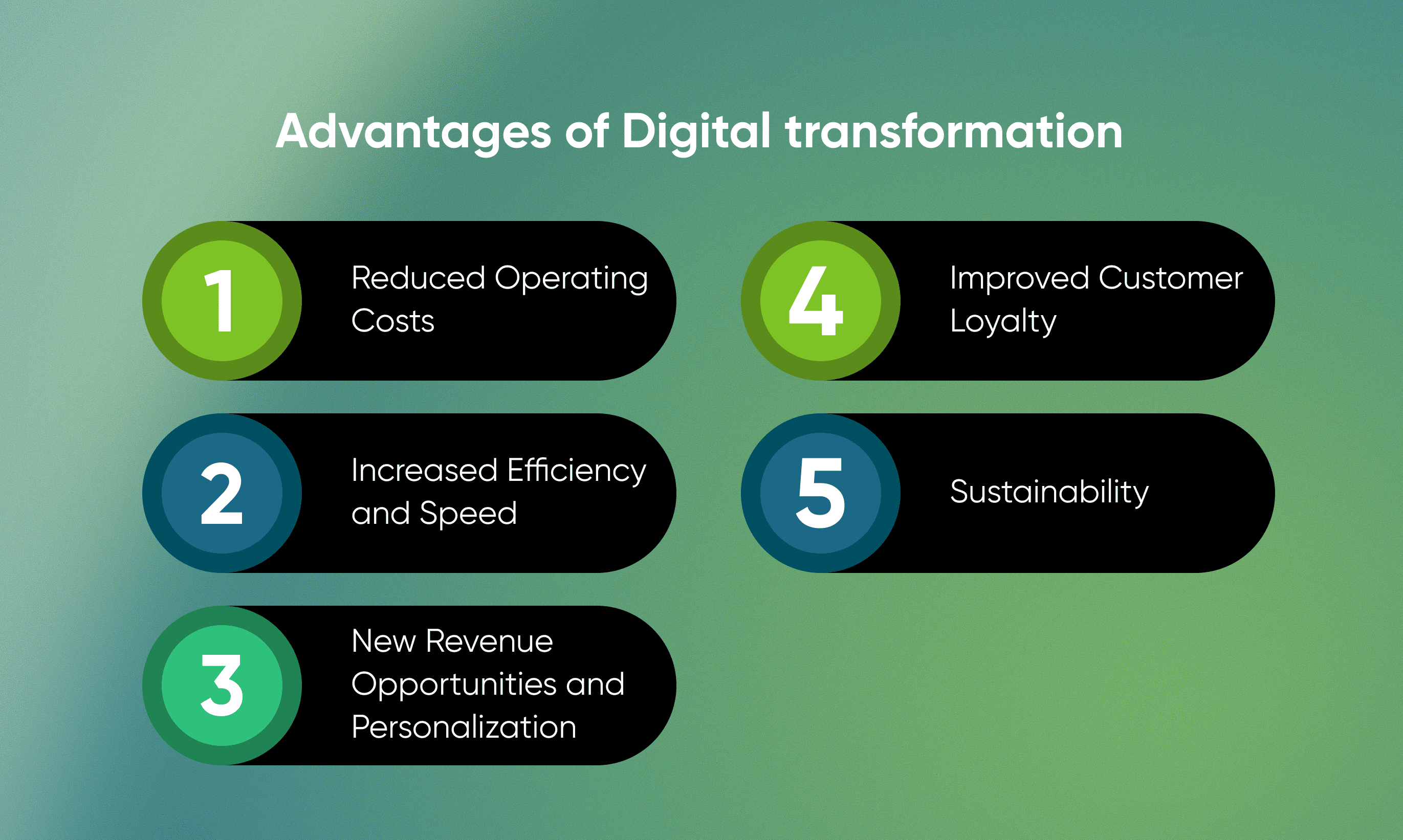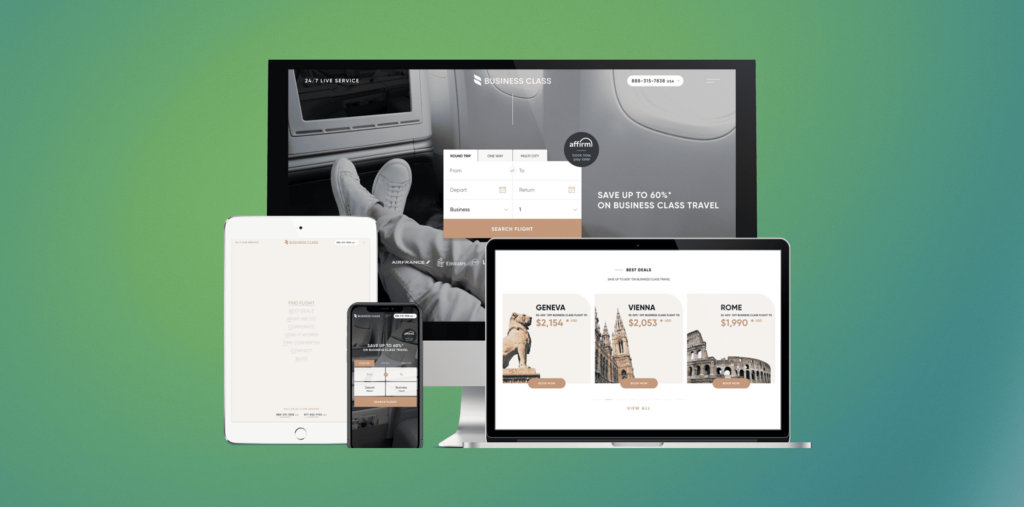How to Combine Technology and Travel Business
Digital transformation in the travel industry is the integration of cloud computing, mobile solutions, and AI/ML into all aspects of business. It changes the very model of how companies operate and interact with customers. Online services and travel agencies are adapting to market changes, assisted by task automation and online data collection and analysis.
Companies gain new advantages
Reduced Operating Costs
For example, modern airlines are using New Distribution Capability (NDC) standards and machine learning to create personalized ticket offers.
Furthermore, digitizing booking and logistics processes allows airlines and agencies to spend less on staff and more on service development.

Increased Efficiency and Speed
Online data analysis systems enable instant decision-making and reduce the time it takes to process customer requests. This ensures rapid response to flight delays or schedule changes, which is critical for passenger loyalty.
New Revenue Opportunities and Personalization
Using big data and AI allows for optimized pricing and offering passengers travel options that best suit their needs. These technologies give companies a competitive advantage. Prices and routes are dynamically adjusted, flight availability is improved, and customers receive more attractive offers.
Improved Customer Loyalty
Mobile apps, chatbots, and online concierges make travel more convenient and engage customers. Providing omnichannel booking and support options improves the user experience.
Sustainability
The transition to electronic tickets, online check-in, and electronic document management reduces paper use. So CO₂ emissions due to the reduced physical transport of documents.
Proofs
These benefits are tangible.
1) Research shows that implementing AI and mobile solutions into the operational processes of both airlines. Tour operators enables them to “operate seamlessly, increase profitability, and better serve customers,” according to wns.com.
2) Our team developed the Business Class web platform for quickly searching and purchasing business class airline tickets. Initially, the client’s employees searched for tickets manually, and the goal was to create an automated service that would take into account discounts on high-ticket flights.
We implemented a search engine with real-time analytics that aggregates data from various airlines and GDS systems. Customers enter their destination and dates, and the system instantly selects the best options, taking into account loyalty programs and discounts.

As a result, process automation allowed us to reduce the number of employees and significantly reduce operating costs while increasing throughput and business profitability.
3) Another example of digital transformation in the travel industry is a platform for selling airline tickets in the US. Before the digital upgrade, the CRM and call center systems operated in silos, and reporting, metric calculations, and call escalation were all done manually. We helped integrate the CRM with telephony and implemented real-time dashboards.

This ensured instant information exchange across channels and eliminated the need for manual data collection. As a result, agent productivity increased by more than 50%, and average wait times were reduced to 10 seconds.
4) The innovative tour operator “Pack Up + Go” offered surprise trips. Travelers only learned their destination after purchase. The company implemented algorithmic tour selection based on customer preferences and automated internal processes. The system generated personalized offers after collecting data on travelers’ interests and budgets.
This combination of technology and creativity enabled Pack Up + Go to scale the service without sacrificing quality. This led to growth from a startup with a launch budget of $250 to $6.6 million in annual revenue and 30 employees.
5) Other examples show that major market players are also actively digitalizing their businesses, from migrating to cloud platforms to using chatbots and AR/VR technologies to improve traveler experiences. This wave of digital transformation is not unique to travel. Similar strategic shifts are happening in other transport-heavy industries. For example, in the maritime sector.
How technology is changing the rules of the game
Overall, all successful projects demonstrate that a close connection between IT solutions and business goals is the key to a winning strategy in tourism.
Digital transformation in the tourism industry is a profound restructuring of all processes based on technology. Examples from our “Business Class” case and other successful projects demonstrate that a well-designed combination of IT and business strategy helps reduce costs, increase efficiency, and take customer service to a new level. It is precisely this close collaboration between development and business teams that allows a company to lead the market.
Learn more about our travel business digitalization sol Send us a contact form, and we’ll explain how we can help your business.
Modern maritime and logistics operations are under pressure to be more efficient. IoT offers a way to transform fleets by connecting ships, trucks, containers, and infrastructure. With IoT companies gain real-time visibility into location, engine performance, fuel use, and environmental conditions. This visibility shifts operations from reactive to predictive. It also enables faster decision-making and […]
AKDev Group is a leading software development company in Georgia. 2025 was a year of deep specialization. If I could sum it up in one phrase, it would be “from recognizing competencies to scaling them.”

